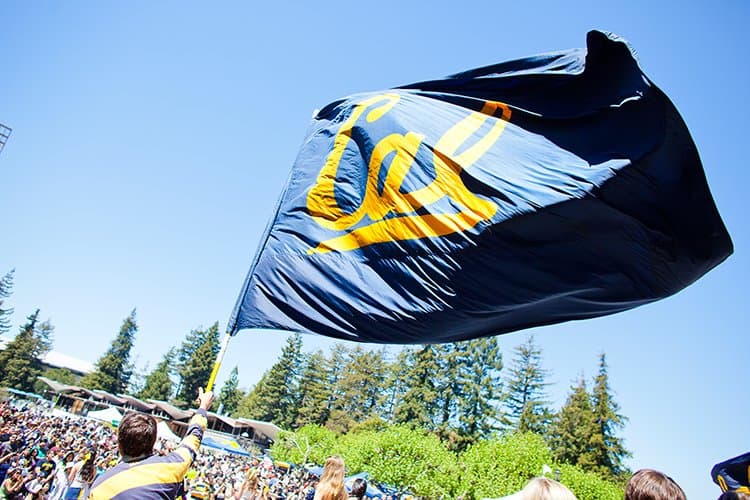
Finlay Adamson is a student at Harvard Law School.
In today’s news and commentary, University of California workers authorize the largest strike in UC history; growing numbers of legislators call for Boeing to negotiate with St. Louis machinists in good faith; and pilots and flight attendants at Spirit Airlines agree to salary reductions.
Over 80,000 University of California workers plan to strike later this month in what will be the largest strike in UC history. AFSCME Local 3299, representing healthcare and custodial workers, and University Professional and Technical Employees CWA Local 9119 (UPTE), representing healthcare and technical workers, are leading the action. Nurses represented by the California Nurses Association will also join the action in a sympathy strike. The two-day strike will take place on November 17th and 18th and impact medical facilities across California, including UC Berkeley, UCLA, UC Davis, and UC Santa Cruz. Contract negotiations between AFSCME and the University of California began 22 months ago, and negotiations between UPTE and the UC system began 16 months ago. Both unions argue that the University has failed to offer a contract that responds to California’s affordability crisis and increasing staff vacancies. The University responded to the planned strike by dismissing it as “an attempt to pressure the University into accepting unreasonable wage and benefit demands,” and assured the public that hospitals would remain open.
Continuing Justin’s coverage of the Boeing machinists’ strike in St. Louis, a growing number of lawmakers are calling for the aircraft manufacturer to negotiate with workers in good faith. The strike entered its fourth month this week, following Boeing’s immediate rejection of a counter proposal by the International Association of Machinists and Aerospace Workers (IAMAW). Boeing’s last proposed contract was rejected 51% to 49% by workers. On November 5th, Democratic members of the Senate Armed Services Committee, including Senators Tammy Duckworth and Elizabeth Warren, issued a letter to Boeing urging the company to “bring this strike to an end with… the successful ratification of a proposal that pays these critical workers what they are worth.” Missouri Republican Senator Josh Hawley also joined the call for a fair contract, noting that “since [Boeing] receives billions in government contracts, it is incumbent upon you to do the right thing.” IAMAW estimates that the cost difference between Boeing’s contract and the union’s proposal is about $8 million over four years; in its third-quarter earnings report, Boeing reported $23 billion in revenue.
Unions representing Spirit Airlines flight attendants and pilots agreed to salary reductions as part of the airline’s Chapter 11 restructuring efforts. The Air Line Pilots Association (ALPA) and the Association of Flight Attendants-CWA (AFA) reached the agreement with Spirit on Friday, likely allowing the airline to achieve the necessary savings target needed to access debtor-in-possession (DIP) financing. DIP financing allows companies in Chapter 11 bankruptcy to continue operating while undergoing restructuring. As part of the agreement, Spirit executives agreed to “take a salary reduction at a percentage not less” than the Pilot group’s reduction; the parties have not yet announced the specific percentage of the reduction. Spirit filed for Chapter 11 in April of this year, following rising competition between low-cost airlines and a decrease in domestic demand for air travel.






Daily News & Commentary
Start your day with our roundup of the latest labor developments. See all
February 20
An analysis of the Board's decisions since regaining a quorum; 5th Circuit dissent criticizes Wright Line, Thryv.
February 19
Union membership increases slightly; Washington farmworker bill fails to make it out of committee; and unions in Argentina are on strike protesting President Milei’s labor reform bill.
February 18
A ruling against forced labor in CO prisons; business coalition lacks standing to challenge captive audience ban; labor unions to participate in rent strike in MN
February 17
San Francisco teachers’ strike ends; EEOC releases new guidance on telework; NFL must litigate discrimination and retaliation claims.
February 16
BLS releases jobs data; ILO hosts conference on child labor.
February 15
The Office of Personnel Management directs federal agencies to terminate their collective bargaining agreements, and Indian farmworkers engage in a one-day strike to protest a trade deal with the United States.